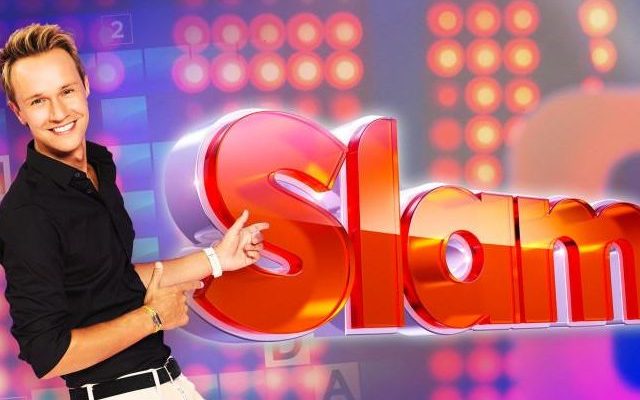This time, it was not on a crossword grid that the debate took place, but on an alternative practice. A sequence from the popular game show “Slam”, broadcast on France 3, went viral on X, in an extract seen 1.4 million times. On January 2, a participant in the game answered Cyril Féraud’s questions about her job: she is a foot reflexologist. The host says he is passionate and asks several questions. He asks if rather than “loading yourself with medication, it would be enough to press on specific areas of the foot” to relieve his pain. The reflexologist responds in the affirmative, while the spectators applaud.
An Internet user, who indicates in his thread having reported the sequence to the audiovisual policeman, Arcom, denounces “advertising for a totally ineffective pseudo-medical practice, with an authority figure […] who tells them it’s better than medication.” With support, an extract from the Wikipedia page on reflexology, which explains that “the idea that there are reflex pathways between a given area of the foot, hand or ear and a particular organ is a belief without biological basis.” An insufficient justification for certain commentators under his publication.
“No serious bases”
To find out for certain, we contacted two specialists, who confirmed to us that studies have failed to prove the effectiveness of this alternative practice. Reflexology is one of the 400 unconventional care practices listed by the World Health Organization. “Foot reflexology is not based on serious foundations,” indicates Bruno Falissard, director of the Center for Research in Epidemiology and Population Health (Cesp), who works on the evaluation of unconventional care. There is nothing credible about this treatment. But can it help some people? Why not, of course. But this is another story… “
Several studies have failed to show the effectiveness of foot reflexology, as Edzard Ernst identified in 2009 in a meta-analysis. The honorary professor at the University of Exeter, specialist in the evaluation of alternative medicines including homeopathy, concluded that randomized controlled trials did not provide sufficient evidence. “The best clinical evidence does not convincingly demonstrate that reflexology is an effective treatment for any medical condition,” he wrote in 2011, along with two other colleagues in Maturitasa recommendable scientific journal, according to the list of presumed non-predatory journals from the Faculty of Medicine of Sorbonne-Université.
Warning signs
“The studies carried out showed that the methodological conditions in which they were carried out did not make it possible to distinguish between the placebo effect and the own effect, or that the size of the effect [la mesure de l’évolution du symptôme lors d’un traitement] was too weak to say that it was linked to the technique,” adds Nicolas Pinsault, vice-president of the National Council of the Order of Masseurs-Physiotherapists (Cnom) and university professor in Grenoble.
In a book he co-wrote in 2014 on manual therapies, the physiotherapist provides methodological tools to distinguish science and pseudoscience. “There are several warning signs regarding reflexology,” he explains to us. First, a discovery made by a single individual “in an epiphanic way,” he notes, “is often a bad sign for technology.” Here, it’s Fitzgerald, an ENT doctor in the United States who wrote a book on area therapies at the beginning of the 20th century.
“For a century, the theory on foot reflexology has not changed,” he adds. That too is a bad sign, since things are changing in science. » Finally, “all the trials failed to show that there was something other than the placebo,” continues Nicolas Pinsault. We can never definitively close the door in science, but here, the underlying theory is not good since it has never been demonstrated. » This “never demonstrated” basis also explains that there are not many studies that have been carried out to test the technique.
In France, the practice of reflexology is free and unregulated. “Since everyone can practice without having prior medical training, this creates an additional risk,” explains the physiotherapist. The main thing is to miss a serious illness if the patient consults a reflexologist rather than a doctor “with a delay in diagnosis and potentially a loss of opportunity”.
A “problematic” sequence
Cyril Féraud’s enthusiastic comment on foot reflexology sparked a different reaction from experts. “Are we taking too many medications for fairly common functional disorders?” asks Bruno Falissard. In practice, the answer is surely yes. » He emphasizes that it is rather “a systemic problem” since patients may have the impression of not having been taken seriously if medication has not been prescribed.
But for Nicolas Pinsault, this sequence is “problematic” in that it opposes conventional medicine and a technique whose effectiveness has not been proven. “A priori, if a doctor has considered that drug treatment is necessary to treat a pathology, there is little chance that reflexology can do anything for this pathology,” he emphasizes. He also regrets the reminders made by the presenter, who accredits the thesis defended without critical counterfire.
We contacted Cyril Féraud’s press agency for a reaction, but have not heard back yet.

